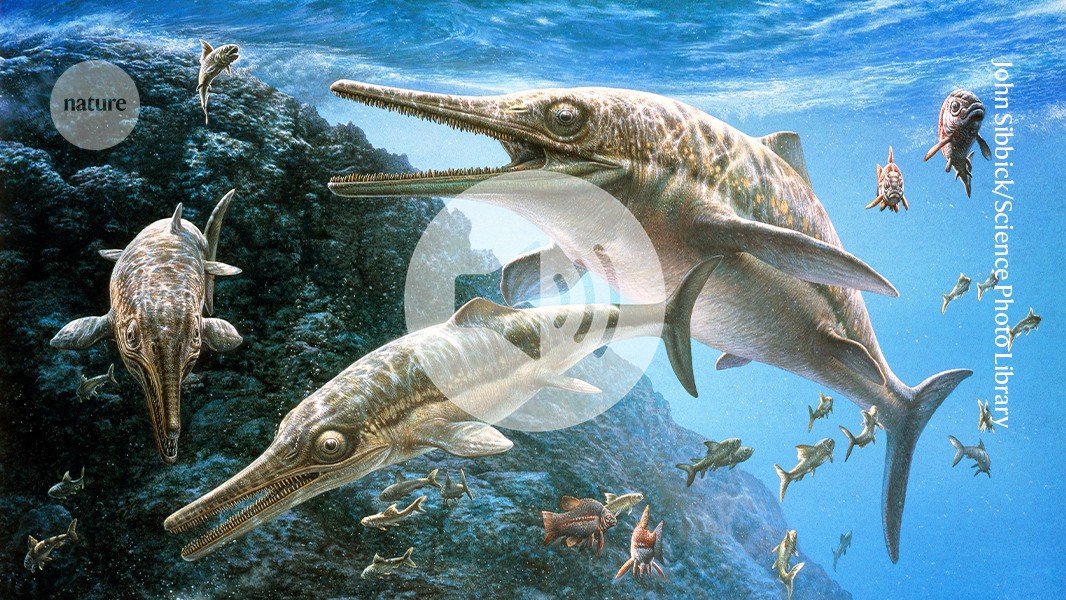
"The extinct marine mega-predator Temnodontosaurus had specialized adaptations to stealthily hunt its prey, revealed through an analysis of a fossil flipper."
"Research indicates that cumulative damage to mitochondria during waking hours could be a key reason for the need to sleep, particularly in fruit-fly models."
"Studies demonstrate that future space probes have the potential to navigate using two stars as reference points, enhancing interstellar travel."
"Researchers have manipulated text in academic papers to deceive AI tools into generating favorable peer-review reports, raising concerns about the integrity of the process."
The extinct marine predator Temnodontosaurus possessed specialized adaptations for stealthy hunting, suggested by a fossil flipper analysis. These features likely helped decrease low-frequency noise as it swam, facilitating its ability to stalk prey such as other ichthyosaurs and squid-like creatures. Additionally, research indicated that sleep may result from cumulative mitochondrial damage during wakefulness. Other studies showed that navigational techniques using two stars could assist future space probes, while researchers explored deceptive texts in papers aimed at manipulating AI peer-review outcomes.
Read at Nature
Unable to calculate read time
Collection
[
|
...
]